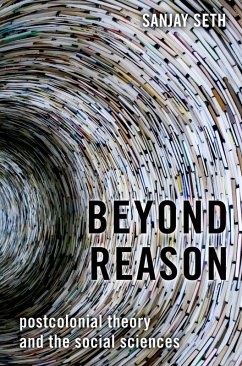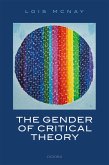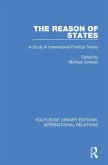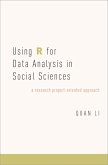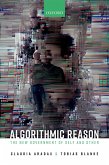The knowledge disseminated by universities and mobilized by states to govern populations has been globally dominant for more than a century. It first emerged in the early modern period in Europe and subsequently became globalized through colonialism. Despite the historical and cultural specificity of its origins, modern Western knowledge was thought to have transcended its particularities such that, unlike pre-modern and non-Western knowledges, it was "universal," or true for all times and places. In this bold and ambitious book, Sanjay Seth argues that modern knowledge and the social sciences are a product of Western modernity claiming a spurious universality: that what we treat as the "truths" discovered by social scientific reason are instead a parochial knowledge. Drawing upon and deriving its critical energies principally from postcolonial theory,
Beyond Reason traverses many disciplines, including science studies, social history, art and music history, political science, and anthropology, and engages with a range of contemporary thinkers including Butler, Habermas, Chakrabarty, Chatterjee, and Rawls. It demonstrates that while global in their impact, the social sciences do not and cannot transcend the Western historical and cultural circumstances in which they emerged. If the social sciences are not explained and validated simply by the fact that they are "true," it becomes possible to ask what purpose they serve, what it is that they "do." A defining feature of modern knowledge is that it is divided into disciplines, each with its own object of inquiry and corresponding protocols, and thus asking what such knowledge "does" requires asking what purpose disciplines serve. It also requires asking what ways of understanding the world they facilitate and what they disallow.
Beyond Reason proceeds to anatomize the disciplines of history and political science to ask what representations and relations with the past and with politics these academic disciplines enable, and what ways of understanding and engaging the world they foreclose.
Dieser Download kann aus rechtlichen Gründen nur mit Rechnungsadresse in A, B, BG, CY, CZ, D, DK, EW, E, FIN, F, GR, HR, H, IRL, I, LT, L, LR, M, NL, PL, P, R, S, SLO, SK ausgeliefert werden.

